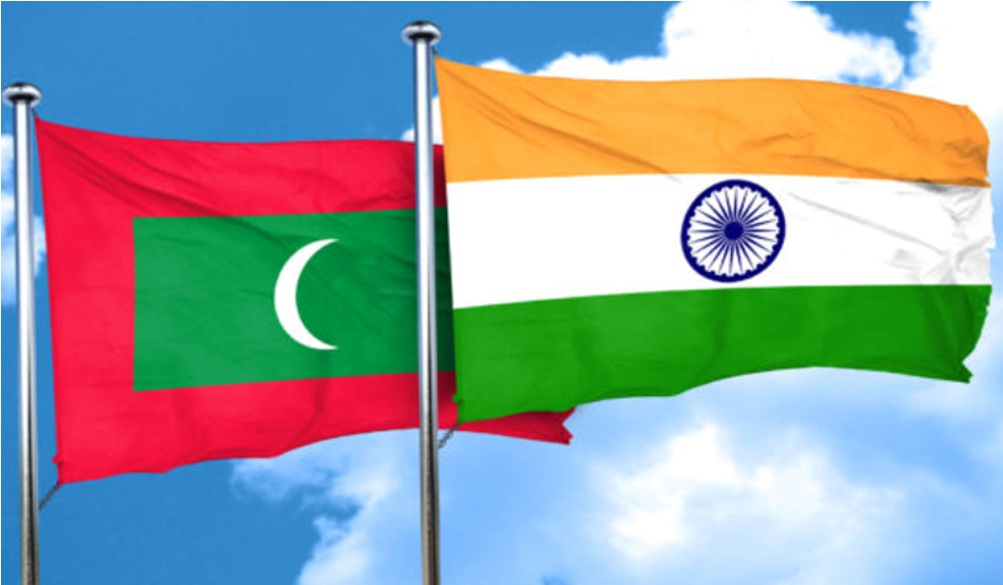The Maldives, a nation known for its idyllic beaches and serene landscapes, has recently been embroiled in a controversy that’s far from peaceful. Sparked by objectionable statements from three Maldivian ministers, the situation has escalated, affecting not only political ties but also tourism and public opinion in both the Maldives and India.
Escalating Boycott and Public Sentiment
In a swift and significant reaction, there’s been a notable rise in the ‘Boycott Maldives’ movement within India. The ramifications are tangible, with numerous Indians canceling flights and hotel bookings to the Maldives. This move isn’t limited to the general public; notable Indian film personalities have also rallied in support of the Indian government and Prime Minister Narendra Modi, voicing their discontent with the Maldivian ministers’ statements.
The Role of Maldivian Leaders in Quelling Tensions
Amid this growing discord, several prominent Maldivian politicians have stepped forward, aligning themselves with Prime Minister Narendra Modi and India, condemning the controversial statements. This action indicates a deeper complexity within the Maldives’ political landscape, suggesting differing viewpoints and approaches to the nation’s foreign policy and diplomacy.
Maria Ahmed Didi’s Standpoint
Maria Ahmed Didi, the former Defense Minister of the Maldives, expressed her disappointment over the remarks, labeling them as a display of shortsightedness by the Maldivian government. She highlighted India’s role as a reliable ally, emphasizing how India has consistently extended support in various sectors, including defense, whenever the Maldives was in need.
Maria Ahmed Didi’s statement, “India is our ‘911 call'”, not only shows her support for India but also reflects the deep-seated reliance and trust the Maldives has traditionally placed in its relationship with its larger neighbor.
Fayaz Ismail’s Appeal for Action
Fayaz Ismail, leader of the opposition Maldivian Democratic Party, called for stringent action from the Mohammed Muizzu government. He argued that the objectionable remarks represent personal opinions and should not be misconstrued as the government’s stance. Ismail highlighted the role of social media in amplifying the issue, stressing the need for clear communication to mitigate misunderstanding among Indians, Maldivians, and the global community.
Musa Jameer’s Affirmation of Solidarity
Foreign Minister Musa Jameer also came forward in support of India and PM Modi, deeming the objectionable comments unacceptable and not reflective of the Maldivian government’s views. His commitment to positive and constructive dialogue, especially with neighboring countries, underscores a desire for diplomatic harmony and mutual respect.
Former President Mohammed Solih’s Condemnation
Former President Mohammed Solih condemned the ministers’ comments, reaffirming India’s status as a longstanding and valuable friend to the Maldives. His statement sheds light on the historical ties between the two countries, emphasizing the importance of preserving these relations.
India’s Role in Supporting the Maldives
India’s history of aiding the Maldives in times of political crisis, economic need, or natural disasters is noteworthy. The most recent example is the support provided during the 2020 COVID-19 pandemic, where India sent medical teams and spearheaded vaccination drives in the Maldives. These actions reflect the depth of India’s commitment to its neighbor, illustrating a relationship built on support and solidarity.
Disclaimer : इस न्यूज़ पोर्टल को बेहतर बनाने में सहायता करें और किसी खबर या अंश मे कोई गलती हो या सूचना / तथ्य में कोई कमी हो अथवा कोई कॉपीराइट आपत्ति हो तो वह jansandeshonline@gmail.com पर सूचित करें। साथ ही साथ पूरी जानकारी तथ्य के साथ दें। जिससे आलेख को सही किया जा सके या हटाया जा सके ।














